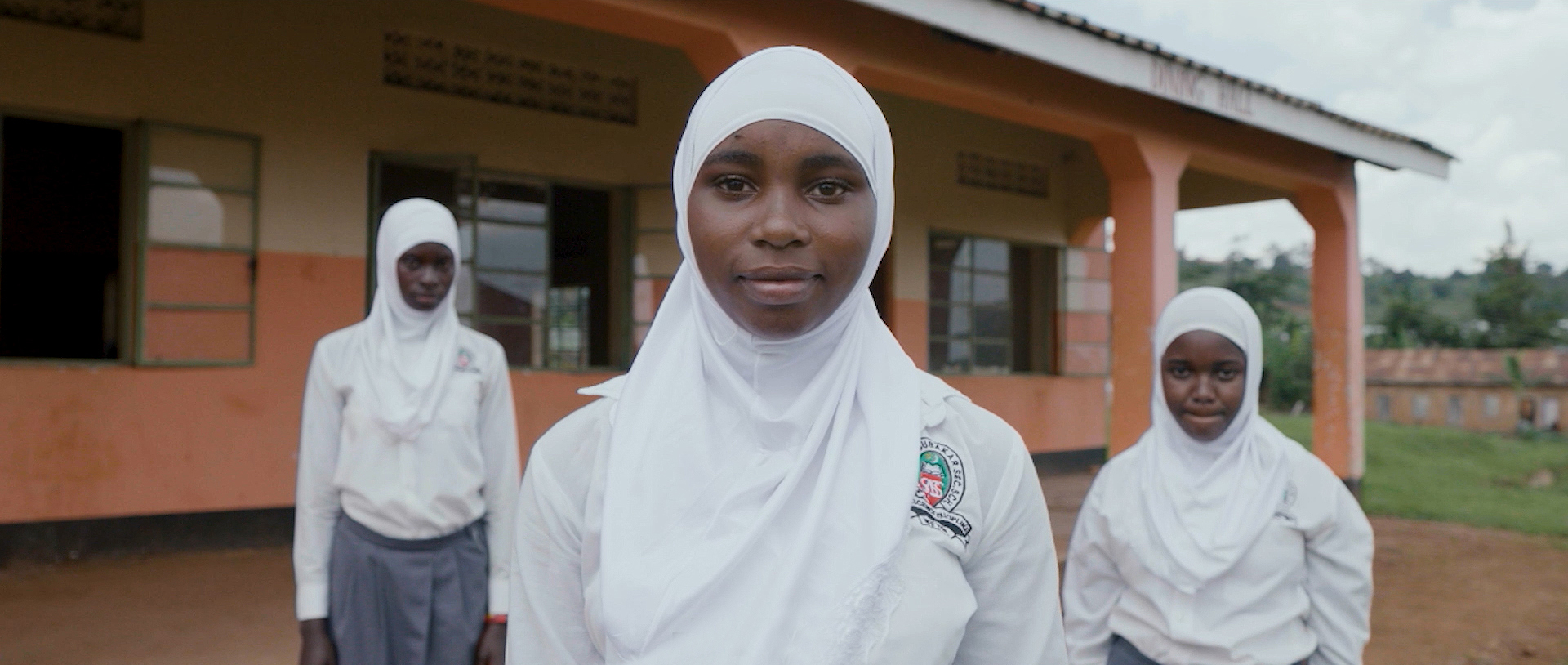GENERAL NEWS
African Youth Driving Sustainable Growth through Innovation

The role of women and youth in the transformation of Africa cannot be overemphasised. The youth and women are the driving forces of Africa’s development considering their zeal, innovation prowess, and aspirations about the future of the continent.
Africa has the youngest and fastest growing population in the world with close to 65% of its entire population under 35 years.
This number is an opportunity for the continent’s growth but only if these young people are empowered to realise their full potential. Education is a vital tool to equip the youth with the requisite skills and help them contribute actively to the development of their communities. It is imperative that young people are included in decision making and given equal opportunities for work and innovation.
This is not only important towards achieving Goal 4 of the United Nations’ Sustainable Development Goals(SDGs) – inclusive, equitable quality education – but it is also fully aligned with supporting the Africa Union (AU) Agenda 2063, which aims to develop Africa’s human and social capital through an education and skills transformation reinforced by science, technology and innovation.
Unlocking potential to drive innovation
Aspiration Six of Agenda 2063 calls for Africa’s development to be people-driven, relying on the potential of African people, especially its women and youth, and caring for children. The African Union’s 1 Million by 2021 Initiative was undertaken to further this objective by aiming for greater inclusion and empowerment of the youth to drive the full realisation of Africa’s Agenda 2063 for greater socioeconomic
impact. Launched in 2019, this initiative provided direct opportunities for the youth in the areas of education, employment, entrepreneurship, and engagement (4Es), and exceeded its target by reaching over 8 million young people across Africa.
It is important to consider the unique role that the youth play in driving change in Africa. Science, Technology, and Innovation (STI) are crucial to Africa’s development and global competitiveness, and the youth and women are key drivers in this journey. As a continent with one of the highest percentages of young people in the world, there is no doubt that it is the youth who will transform the continent if they are provided the tools and pathways they need to succeed.
Unlocking Africa’s growth capabilities requires inclusive strategies that will empower people to find sustainable solutions to tackle African problems. The African continent has many home-grown solutions with notable impacts that can compete globally. For these to thrive, there is the need to empower people and scale inventions and innovations. The story of Sayidina Abubakar Secondary School – Uganda
The success stories and inspiring examples of homegrown African youth pioneers are many. Like the students at the Sayidina Abubakar Secondary School, who – responding to the immense challenge of lack of access to sanitary products faced by female students – developed a student-led project harvesting raw plant materials from local farms to produce sanitary products for improving girls’ health and boosting school attendance.
This will enable underprivileged girls to complete school cycles – all in line with achieving SDGs 3 (Good Health and Well-Being) and 4 (Quality Education). As a result of the project’s strong environmental protection component, crop-harvesting by-products are collected, processed, refined, and upgraded into two products; re-usable sanitary pads that are freely distributed to students, and boxes and paper bags that are used as packaging materials to generate income.
The school won the Zayed Sustainability Prize in the Global High Schools category for the Sub-Saharan Africa region for this impactful solution that will further enable school participation through economic opportunities for underprivileged students. The project is expected to benefit 12,000 people within the school and broader community within the next 15 years.
With a Prize fund of US$3 million, the Zayed Sustainability Prize recognises small to medium-sized enterprises (SMEs), non-profit organisations (NPOs), and global high schools for their sustainability solutions. Aligning with key SDGs, the Prize has to-date transformed the lives of more than 370 million people across 150 countries through its winners’ solutions.
The Global High Schools category alone has impacted approximately 45,144 students and more than 425,170 people in wider communities, with this number continuing to increase each year.
These results are a testament to the growing role African innovators are playing in global innovation. Their technologies address real-life social, environmental, health and economic challenges, and reflect the aspirations of a new generation of African leaders.
Call for submissions
The 2023 edition of the Zayed Sustainability Prize is now open to innovators across Africa, spanning small to medium enterprises (SMEs), non-profit organizations (NPOs), and high schools with sustainable solutions in the categories of Health, Food, Energy, Water and Global High Schools.
Apply today by visiting www.zayedsustainabilityprize.com. The deadline is 6 July 2022. SME’s and non-profits must enter an existing sustainability solution in one of the Health, Food, Energy, or Water categories.
The Global High Schools category invites student-led projects or proposals based on one or more of the four areas of health, food, energy and water.
-

 Lifestyle3 weeks ago
Lifestyle3 weeks agoRoad Safety Authority narrates how buttocks causes road accident
-

 GENERAL NEWS1 month ago
GENERAL NEWS1 month agoWhy 15 police officers stormed Owusu Bempah’s church – Kumchacha narrates
-

 GENERAL NEWS3 weeks ago
GENERAL NEWS3 weeks agoWatch how Ibrahim Mahama rode Honda superbike to pay last respects to late friend
-

 GENERAL NEWS1 month ago
GENERAL NEWS1 month agoHow Offinso residents storm destooled queen mother’s house, demand for new chief
-

 South Africa News1 month ago
South Africa News1 month agoWoman thrown out of a speeding taxi while on her way to work
-

 GENERAL NEWS1 week ago
GENERAL NEWS1 week agoDeadly clash between youth and navy personnel results in two deaths at Tema Manhean
-

 SHOWBIZ KONKONSAH2 weeks ago
SHOWBIZ KONKONSAH2 weeks agoJunior Pope’s Death: Video of John Dumelo refusing to join canoe for movie shoot over safety concerns resurfaces
-

 News Africa2 months ago
News Africa2 months ago‘Satanically dubious’ – SCOAN releases statement on BBC’s report about TB Joshua, church






